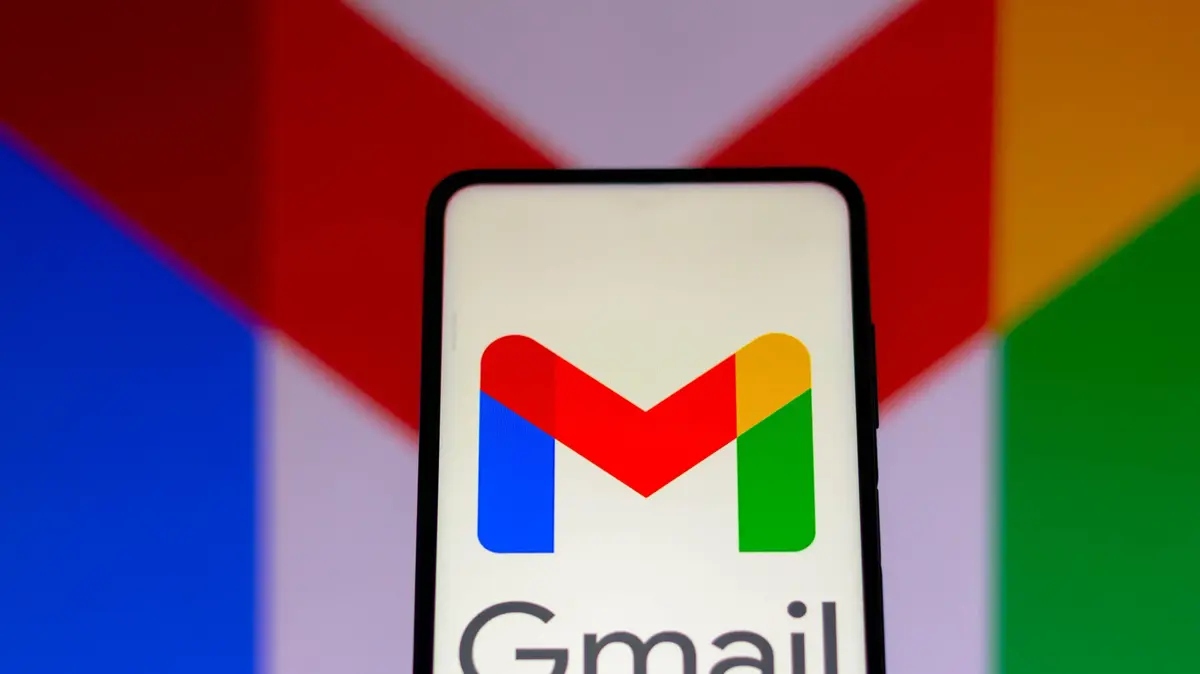Enlarge image
Google logo (icon image)
Photo:
NurPhoto / NurPhoto via Getty Images
Ignored and clicked away?
If advertising doesn't arouse the interest of users, it's annoying for Google - and for its advertisers.
After all, they expect their banners, paid search results or YouTube ads to be displayed to the right people.
Its advertising business is the main source of income for Google parent company Alphabet.
As a remedy, probably also against advertising fatigue among users, Google is now giving up a little bit of control over the advertising space on the Internet.
On Thursday, the company announced the launch of a new tool called Ads Center in a blog post.
According to Google, the function is currently being rolled out and will soon be available to all German users.
The tool allows users to choose for themselves whether they prefer to see ads for lipsticks, audio books, recipes or basketball in Google search results.
The prerequisite is that the users are logged in to Chrome or YouTube.
Plus or minus?
The ad center is opened via three dots next to the advertising space.
Tiles with photos of various areas of interest are available there, which can be added to favorites with a plus sign – or deleted from the preferences with a minus sign.
If you want to see more from a certain provider, you can mark an advertisement with a thumbs up with »Like«.
But most of the functions have been around for a long time.
Some buttons are simply redesigned: Users can still report offensive ads or block providers altogether in the Ad Center.
Google users can also specify that ads on sensitive topics such as alcohol, diets, dating and gambling should be shown less frequently.
Personalized advertising can also be switched off in the Ads Center.
That worked so far as well, just via the settings on Google.
However, the toggle switch that stops personalized ads is a bit misleading.
Because if the function is switched off, the ads will no longer be displayed according to preferences, but the profile will continue to be sharpened.
Anyone who googles a new job or watches diaper changing videos on YouTube will be categorized.
From this surfing behavior, the US company draws conclusions about the professional sector, the relationship status and about how old the children in the household are.
The incognito mode in the browser doesn't help either.
Not everything goes into the advertising profiles
However, the company promises that personal data will not be sold to third parties and that content from apps such as Gmail, Photos and Drive will not be used for advertising purposes.
In addition, no information on health, ethnic origin, religion and sexual orientation is collected in order to personalize advertising.
"This is an absolute taboo," says the blog post.
The advertising industry in Germany is still undecided what to think of the new tool.
The Central Association of the German Advertising Industry initially does not want to evaluate the advertising regulator and wait and see how the function will affect the industry.
"We don't have any information on this yet, especially since the effects can vary greatly depending on the advertising and target group," says Managing Director Bernd Nauen.
However, it is clear that such hide settings "reduce the reach of Google's advertising media".
The organization Advertisers in the Brand Association (OWM) welcomes the introduction of the selection board.
You have no problem with the fact that the decision lies with the user, says OWM boss Uwe Storch.
"Quite the opposite: the autonomy of the user is enormously important to us."








